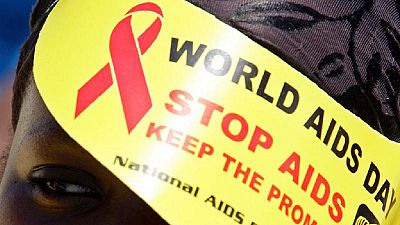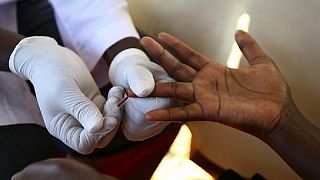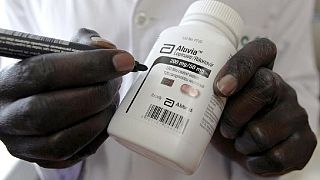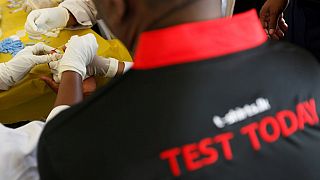Africa
Two African regions are are lagging behind in the fight against acquired immune deficiency syndrome (AIDS) epidemic, the head of the United Nations outfit tasked with fighting the disease has said.
In his message on the occasion of 2017 World AIDS Day, UNAIDS Executive Director Michel Sidibe, said there were more hurdles to scale if the 2030 global deadline of eliminating the disease was to be met.
According to him, despite giants strides elsewhere in the fight, “Western and central Africa is still being left behind. Two out of three people are not accessing treatment. We cannot have a two-speed approach to ending AIDS.
“Nearly 21 million people living with HIV are now on treatment and new HIV infections and AIDS-related deaths are declining in many parts of the world. But we shouldn’t be complacent. In eastern Europe and central Asia, new HIV infections have risen by 60% since 2010 and AIDS-related deaths by 27%,” his message also said.
Every December 1 is marked as World AIDS Day, a day on which people lost to the disease are remembered and global solidarity to the fight is renewed. The 2017 edition is under the theme: “My health, my right.”
Sidibe stressed how health care more than anything was a human right that people all over the world were entitled to.
“The right to health is a fundamental human right—everybody has the right to the enjoyment of the highest attainable standard of physical and mental health, as enshrined in the International Covenant on Economic, Social and Cultural Rights.
“From the beginning, the AIDS response was built on the fundamental right to health and well-being. The AIDS community advocated for rights-based systems for health and to accelerate efforts for the world to understand HIV: how to prevent it and how to treat it,” he added.
“On every #WorldAIDSDay, we look back to remember our family members and friends who have died from AIDS-related illnesses and recommit our solidarity with all who are living with or affected by HIV” –
— UNAIDS (UNAIDS) December 1, 2017MichelSidibe
Full statement: https://t.co/UFhK3orDeV pic.twitter.com/ypQ1tFAOP2
About the UNAIDS and its work
The Joint United Nations Programme on HIV/AIDS (UNAIDS) leads and inspires the world to achieve its shared vision of zero new HIV infections, zero discrimination and zero AIDS-related deaths.
UNAIDS unites the efforts of 11 UN organizations—UNHCR, UNICEF, WFP, UNDP, UNFPA, UNODC, UN Women, ILO, UNESCO, WHO and the World Bank—and works closely with global and national partners towards ending the AIDS epidemic by 2030 as part of the Sustainable Development Goals.














Go to video
Immunization at risk: Global health leaders urge action amid rising disease outbreaks
01:16
Africa mourns Pope Francis, a voice for peace and justice
01:14
ECOWAS Meets in Ghana to Tackle Member Withdrawals
Go to video
EU foreign ministers discuss Ukraine, Syria and EU-African relations in Luxembourg.
01:58
Latin American leaders urge unity amid U.S. trade and migration tensions
Go to video
Paris hosts the 4th edition of African Cinema Days featuring Côte d'Ivoire